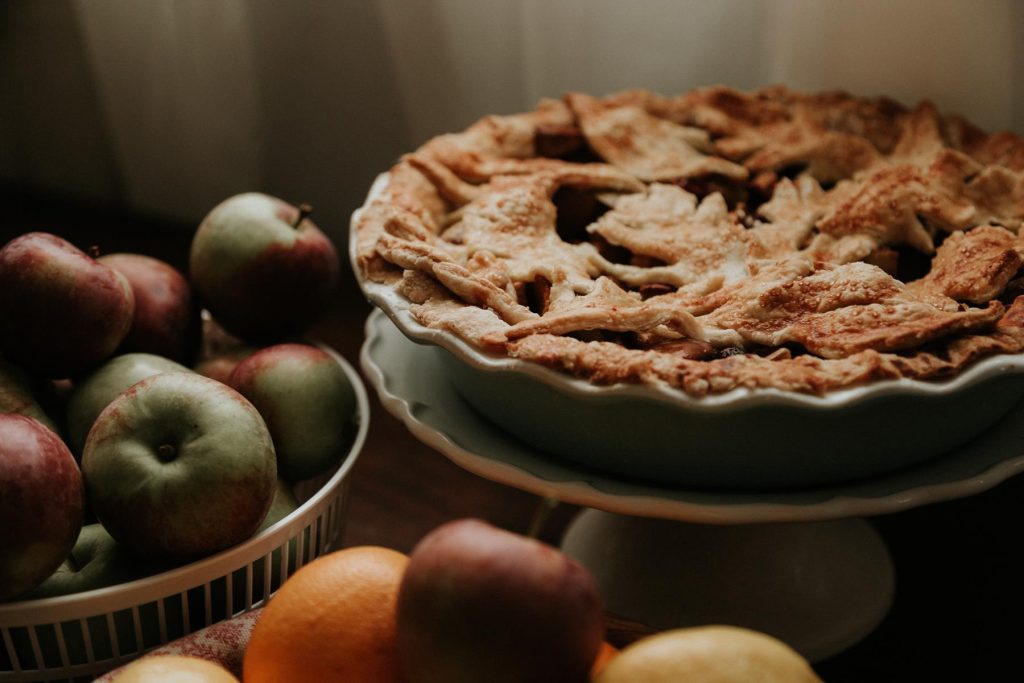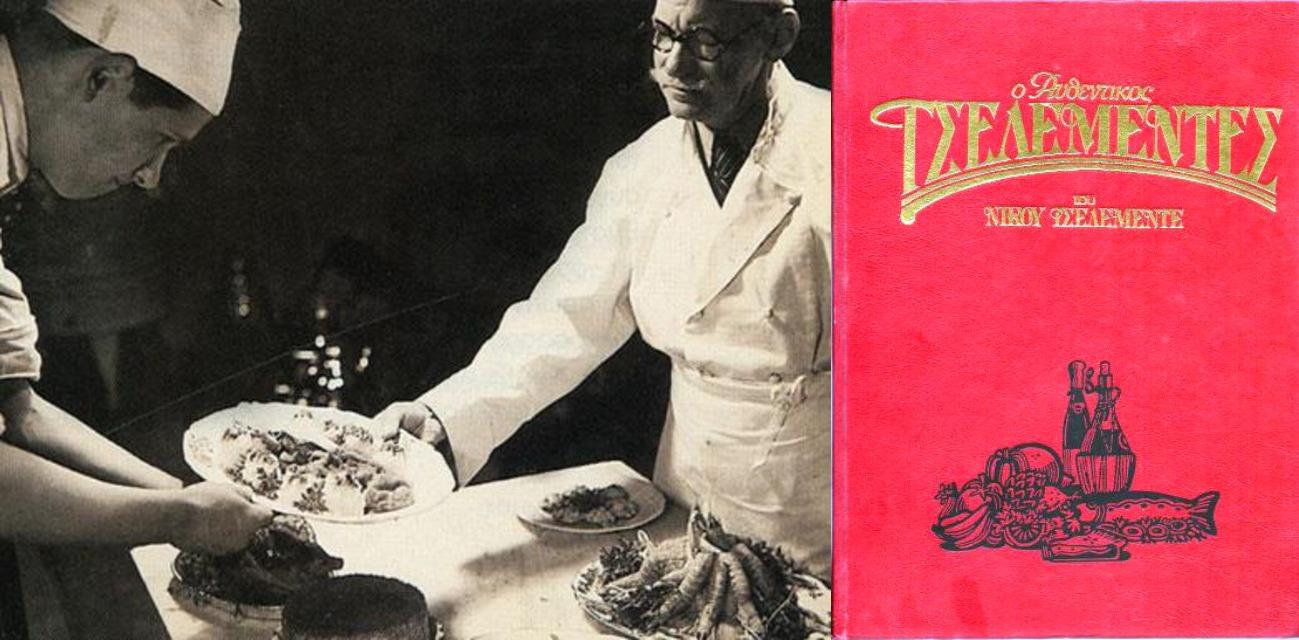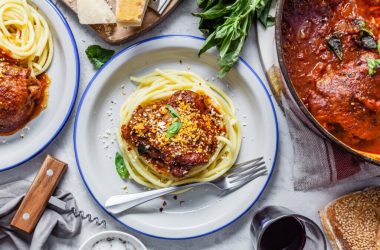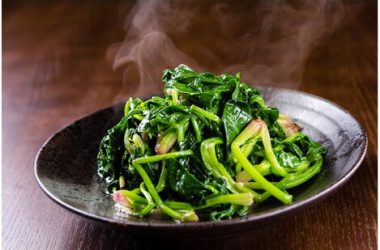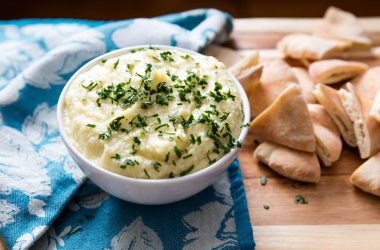
The human relationship with food is truly unique because it goes beyond the basic instinct of survival. People have both a technological and an emotional relationship with food, and it is the latter that makes us unique in the animal kingdom. When it comes to food, it’s not just about mindless eating. It’s about creating, discovering, exploring, inventing, and changing our food landscape.
It is food that helps an expatriate to identify someone as belonging to one group or another. Through food we express ourselves, operate our cultural identity, and through traditional food, preserve our culture as we move from place to place. Hence, food is memory.
While food is often used to separate us into different groups, it can also be used to connect us. It is often a connection that is lacking when a country is divided from within. When we speak of a country and its national problems, it makes sense to speak of its food. Because food will often guide us to the right answers. And behind all food stands a chef.

THE STORY OF NIKOLAOS TSELEMENTES
The polite Gordon Ramsay of his time, Nikolaos Tselementes was the first Greek MasterChef. He was born in the late 19th century on the island of Sifnos. He grew up in Athens, however, where he had his first contact with the culinary world while working at his uncle’s restaurant.
He then left for Vienna to study the culinary arts for a year. Upon his return to Greece, he worked as a chef in various embassies, and in 1910 he published the first cooking magazine called Cooking Guide (Οδηγός Μαγειρικής). In it, he included nutritional advice to the recipes, cooking news, and international cuisine. Nine years later, in 1919, he became manager of hotel ‘Hermes,’ and in the following year, departed for America.
In the US, he did his higher studies in cooking, confectionery, and diet. Tselementes also worked in some of the finest hotel kitchens of the time. In 1920, during the Greek Summer Offensive, he published the influential cookbook, Guide to Cooking and Confectionery (Οδηγός μαγειρικής και ζαχαροπλαστικής). This was a novelty because up until that point, recipes were handed down orally. The book was a commercial success and it had 15 official reprints in the following decades.
On a political level, the year of 1920 was one where the most extraordinary series of kaleidoscopic changes took place. From occupying portions of Bulgarian and Turkish Thrace, to the death of King Alexander and subsequent turbulent elections, the year of 1920 was remarkable. Tselementes’ cookbook was also part of these events as it put a quiet start to something that would soon reinvent Greek cuisine. But more on that later…
Between the 1920s and 1930s, Tselementes travelled to many countries, such as Turkey, Russia, France, Italy, England, and America, and studied their cuisines. In 1932, he returned to Greece and founded a small cooking school.
THE QUIET FRENCH INVASION OF GREEK CUISINE
Tselementes became heavily influenced by French cuisine and the dietary habits of the time through his travels and education. This influence was later crucial in reinventing Greek cuisine as he incorporated sour cream, butter, béchamel, whipped cream, bouillabaisse, canapés, and jelly in traditional Greek recipes.
As he famously said: “My wish is to bring the Greek taste closer to the West […] but without blocking it.” He wanted to free Greek cookery from other influences: Turkish, Arabic and Roman cuisines. He believed that European cooking had its origins directly in ancient Greece. He also thought that Greek cuisine had become more Eastern under Turkish rule, and he was determined to correct it as he regarded those influences barbaric.
Nikolaos Tselementes was also interested in developing special diets in hospitals for diabetes patients. Tselementes established an Army School of Cooks, intending to improve the feeding of soldiers. Yet, his largest contribution was in reinventing Greek recipes by adding Western and traditional French ingredients to them. He created the modern versions of some of the most famous Greek dishes, moussaka and pastitsio, by including an inch of béchamel sauce as their integral component. He also reduced the use of basic ingredients such as oil and spices.
Nikolaos Tselementes has had such a significant impact on Greek culture that he changed not only the cuisine, but the language too. His name is currently used to denote the word “cookbook.” When a Greek tells someone to pass them a cookbook, they say “Dose mou ton tselemente,” (Give me the tselemente), even though there is another word for a cookbook — vivlio mageirikis, which translates to “cooking book”.
Nevertheless, tselemente has become so established in the everyday language that even elderly people would be surprised if you ask them for a vivlio mageirikis. They will simply stare at you and say, “You mean a tselemente?” The word is also used in jest about someone who can cook well.

OPPONENTS OF HIS COOKING
Tselementes forever changed the arc of the country’s cuisine but whether that’s a good thing or not depends on whom you ask. That is because, despite his success as the first Greek MasterChef, he faced a lot of criticism.
Many accused him of falsifying Greek cooking with European elements. It has also been suggested that the techniques he proposed are heavier and unhealthier for the human body, such as the replacement of olive oil with butter. Even though this may have made the food more interesting and flavourful, it did not offer any nutritional value.
HOW DOES GLOBALISATION AFFECT LOCAL CUISINES?
As the world becomes more globalised, so do the traditionally defined cuisines. Travellers who encounter different cultures often combine foreign flavours with recipes related to their own culture. The same happened back in the 20th century with Tselementes and Greek cuisine, and it continues to happen well into the 21st century. The result is called fusion food, that is dishes resulting from the combination of two or more cultural cuisines.
An example of fusion food is Indo-Chinese food which originated by Chinese migrants living in Kolkata, India. Another example is the Japanese adoption of Western food culture to an extent where they have acquired a word for it – yoshoku. Dishes such as kare-raisu (curry rice), tonkatsu (pork cutlet), and korokke (croquette) were not a typical part of a Tokyo menu at the start of the 20th century, but are familiar in the 21st century. Hence, one can argue that globalisation affects food by altering the taste and the culture within which they are prepared. As a result, a dish in China would taste different in France even though it is made from the same ingredients.

Food globalisation also goes hand in hand with class segregation. The Greek food writer and journalist, and one of Tselementes’ biggest critics, Aglaia Kremezi, gives a great example of it in one of her books. She recalls an early childhood memory where she was in the kitchen of her grandmother’s house with her aunt. Both were correcting their recipes according to Tselementes, and they had feuds when they were asking themselves whether they should make pastitsio with béchamel as Tselementes makes it, or with phyllo, as it has always been made.
Wealth and status were associated with his French-based creations, whereas poverty was associated with the simpler, more traditional Greek dishes. Unfortunately, this trend continues even today as some Greeks still believe that the foods their grandmothers cooked are not good enough for modern Greek society. Tselementes’ recipes had a demoralising effect on the urban Greek chefs as they thought they had to follow his steps and forget the simpler things they used to cook.
Although it’s tempting to cast all the blame on a single person, it’s worth remembering that the majority of the traditional Greek cooking methods were not registered in books, articles, or research, which has made it harder to remember and uncover them. It is the duty of the people to record and keep all the traditional elements of their culture. What’s more, to exercise them in their daily lives, so they can carry the traditions to the future.
Yes, traditional cooking methods were often cast aside, but it isn’t the first time that modernity has stepped on tradition. It’s easy to accuse Tselementes of distorting tradition, but the kitchen evolves with or without a catalyst such as the Greek MasterChef.

THE TSELEMENTES EFFECT
Traditional Greek food is based on centuries-old practices of combining naturally grown and seasonal foods with herbs and spices to create simple, yet delicious dishes. Ingredients like sun-dried tomatoes, beans, and fresh vegetables served with olive oil are among the best Greece has to offer.
Although many still consider Tselementes the ultimate authority on Greek food, a change is underway. The high-calorie dishes, rich with cream, cheese, and butter will not go out of style anytime soon. At the same time, the authentic and traditional foods of Greece have started gaining the recognition and appreciation they deserve for their simplicity of ingredients and artful combinations.
An example of this is Ilias Mamalakis’ weekly television show where he presents the best of traditional regional Greek cooking. What’s more, several restaurateurs outside Greece are bringing their authentic dishes to the international scene. Only time will tell if Greek people will move past the Tselementes effect and reinvent themselves once again.
Until then, you can stay with us in Benitses and try all the famous Greek dishes here.



